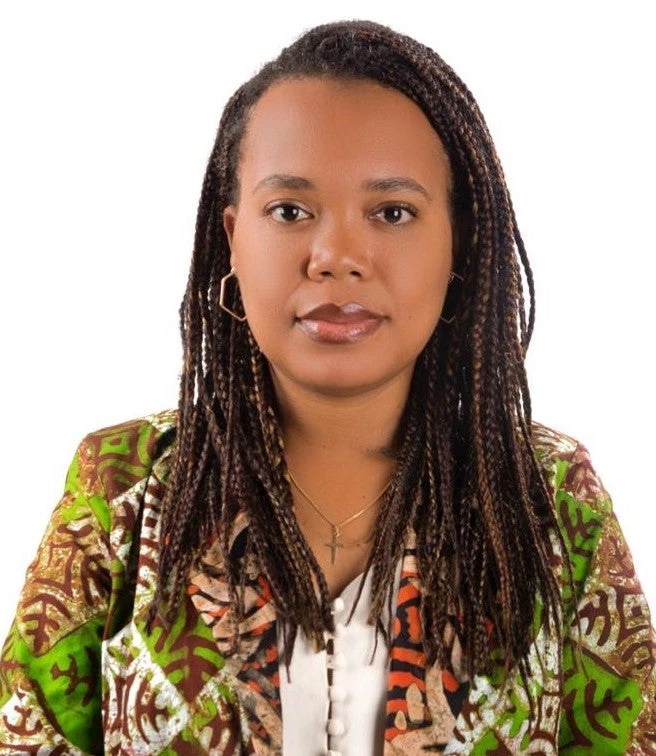 Reversing the adverse effects of the COVID-19 pandemic in the Democratic Republic of Congo
Reversing the adverse effects of the COVID-19 pandemic in the Democratic Republic of Congo
Since the beginning of the COVID-19 pandemic, we have been exploring its effects in the Democratic Republic of Congo (DRC) through household high-frequency phone surveys implemented in Kinshasa, Kasai and Central Kasai, and East DRC (Beni, Bunia, Goma, and Lubero). Overall, we have found that COVID-19 pandemic-related shocks have adverse social and economic impacts, such as declined labor and non-labor income and the resulting harmful coping strategies, as well as disruptions in goods and services markets and health and education services.
Most obviously, job losses and reductions in non-labor income have resulted in a decline in income. In fact, in the aftermath of the outbreak of the COVID-19 pandemic, a significant proportion of household heads or members did not work. In Kinshasa, nearly half of household heads reported not having worked, mainly for reasons related to the COVID-19 pandemic, while more than 10% of households experienced job losses for some household members. This is also the case in East DRC, where about a quarter of respondents reported COVID-19-related job losses in June 2020.
At the same time, the proportion of households receiving remittances in Kinshasa declined from 24.3% before the COVID-19 outbreak to 16.3% in April 2020, with a downward trend in amounts and frequencies. In East DRC, we observed drops in remittances for half of households regarding transfers from abroad, and for 80% of households, regarding family transfers from the country.
Making matters worse for the poor, disruption of goods and services markets have led to inflation in the country, with a 2020 cumulative inflation rate of nearly 16% against 4.6% for the previous year. We found similar patterns for cities like Kinshasa (16.6%) and Goma (16.4%), denoting a reduction in relative income and consequently a deterioration of household well-being.
As a result, there has been a loss of income for households in the aftermath of the outbreak of the pandemic. The decline in absolute and relative incomes led to an increase in poverty. In fact, according to simulations, the 16.6% inflation rate recorded in Kinshasa in 2020 may have resulted in an increase in poverty of 7 percentage points. Also, drops in remittances may increase the incidence of poverty up to 1.4 percentage points in the extreme case where all remittances are removed.
Lower income and limited access to markets have led to an increase of food insecurity and hunger. In fact, 85% of Kinshasa households seem to have reduced food consumption, while severe food insecurity remained high in East DRC with a prevalence of 63% at the end of 2020, and down from around 70% in the preceding months. During the same period, the proportion of households affected by food insecurity in Kasai and Central Kasai was around 87%.
Disruptions in basic services, especially in education and health sectors, are likely to have exacerbated the adverse effects of the pandemic, leading to increased inequality and vulnerability. For example, the very limited and unequal access to digital tools such as internet and account ownership with a mobile-money service provider prevented most Kinshasa schoolchildren from engaging in remote learning activities during school closures and from benefiting from money transfer opportunities. In Eastern DRC, only 4 out of 10 households reported having children engaged in some form of distance learning activity in August 2020.
While the poorest households seem to have been the most affected, the situation remained more worrying for female-headed households. Therefore, to reverse the adverse effects of the crisis and limit long-lasting effects on poor and vulnerable people, it is appropriate to target the latter group.
COVID-19 main facts in Kinshasa and cumulative inflation in the DRC

How can DRC return to normalcy? Only with mass vaccination of the population. We found a certain reluctance of the Congolese population to be vaccinated, with only nearly 39% of Kinshasa households willing to get vaccinated. The main reasons for not accepting vaccines are distrust of the international community (44%), general distrust of vaccines (36.3%), and concerns about vaccine safety, including health risks for adults and children (20%). Overall, the poorest households seemed to be more willing than other households to be vaccinated. This may be because they have less access to information, including controversial messages conveyed by social media. The willingness to be vaccinated is also higher for households headed by women compared to those headed by men.
Households in Eastern DRC show less reluctance in vaccine acceptance. As in the case of Kinshasa, this higher vaccine acceptance rate may be explained by the fact that respondents in the East are among the poorest – as they are all eligible for social transfers – and have previous experience with pandemics, Ebola most notably. Among this group, almost 70% of respondents would be willing to get themselves and other households members vaccinated once tested vaccines become available for free. It is worth noting that among those refusing the vaccine, the most common reasons cited were either concerns about the safety of the vaccine (77.5%) and distrust in the international community (32.5%).
For vaccination to be successful, it is imperative to better inform Congolese people, especially those in Kinshasa, about its benefits and the need to fight the pandemic at the global level.




Join the Conversation